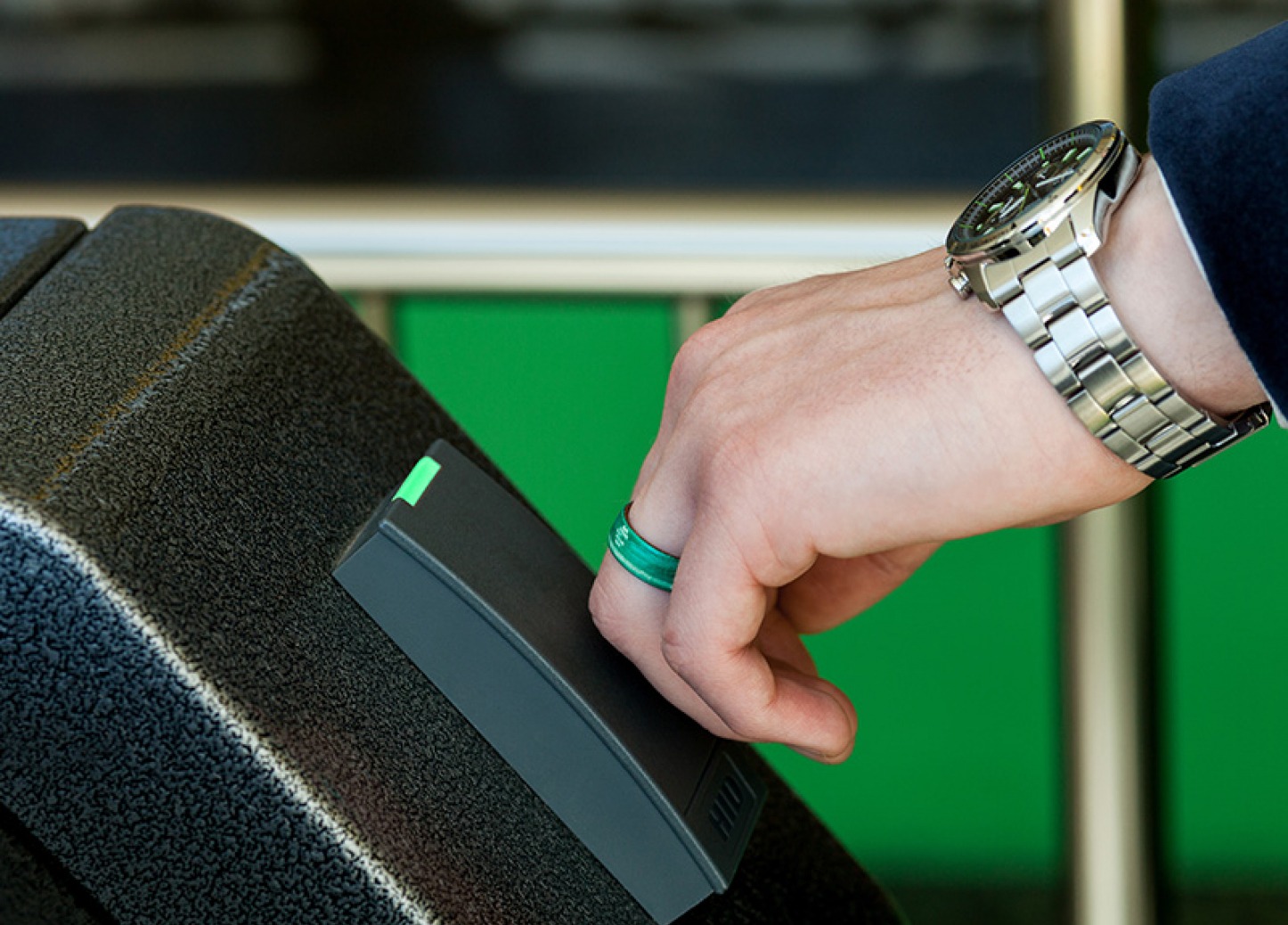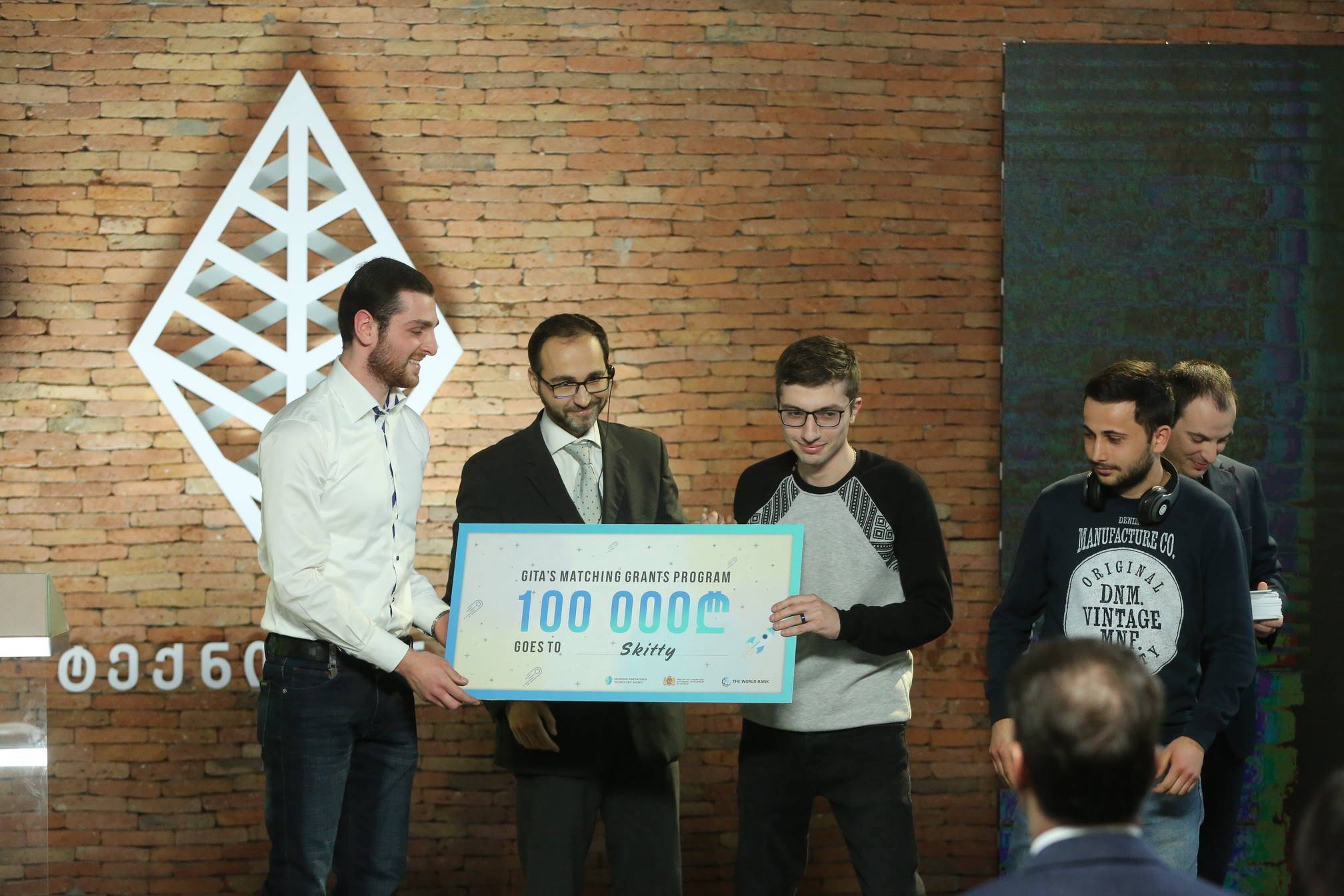What do we know about fintech in the country (not to be confused with the US state)

Fintech in Georgia: a brief overview. Source: pixabay.com
If you want to understand how Georgia has changed over the past 5 – 10 years, just look at the photos of Tbilisi and Batumi at the beginning of the 21st century and compare them with the recent shots of these very cities. Dozens of new buildings with interesting architecture, hundreds of initiatives that have already been implemented or are being implemented now are just the beginning. Georgia has begun a new life, including in the field of fintech and entrepreneurship.
Georgian fintech and payments landscape
Recently, we’ve considered the payment options and payment market of Georgia, and we hope the article will provide you with a general picture of how Georgians pay, and which means of payment tourists can use there.
Talking about payments in Georgia, I cannot but mention the fact that Visa and Space, which is the first digital-only bank in Georgia, announced a strategic partnership to develop innovative banking services and expand digital banking in new regions in November 2019.
Space began working as a startup with a staff of just three employees and was created with the support of TBC Bank in 2018. Today, Space has over 70 employees, and its customer base has more than 160,000 users. The bank functions as an innovative banking platform and successfully implements new formats of financial services in Georgia, such as online bank account opening, remote customer identification, courier delivery of payment cards using electric scooters, and the ability to manage all banking services through a mobile application.
As part of the partnership, Visa and Space will work on creating innovative, customer-oriented, and secure banking solutions. Visa will also support Space in expanding its presence in other CIS countries and Southeast Europe.
Overall, Fintech is becoming increasingly important for Georgian financial institutions, influencing almost all types of financial activities and capital management. Let’s check a brief overview of the state of this industry in the country:
- ATMs and POS terminals. There are more than 2,200 ATMs in the country, and the number of ATMs is increasing by no less than 20 units yearly. Moreover, more than 32,000 POS-terminals are used in the trade and services sectors. In branches and service centers of commercial banks, there are more than 1,500 terminals.
- Payment card transactions. The number of transactions with payment cards is increasing annually by 20%, while the volume is increasing by 8.5%. In January 2018, more than 16.5M transactions were registered in the amount of more than 1.5B GEL.
- Card transactions of resident and non-resident commercial banks. In January 2019, almost 19M transactions were carried out through payment cards of resident banks (the annual growth of this rate is around 12%) in the amount of 1.4B lari. In addition, no less than 590,000 transactions (related to cards of non-resident commercial banks) were registered, in the amount of 1.3M GEL.
- Online transactions. The number of internet transactions in January 2018 increased by 40% and amounted to more than 2.1M. At the same time, the volume of settlements decreased by 38.5% compared to the previous year, which indicates a decrease in the average purchase volume.
- QuickCash platforms. In September 2017, QuickCash and microfinance company BIG signed a cooperation agreement to increase the growth of lending to small and medium-sized businesses using an online platform. Thus, BIG can evaluate the creditworthiness of a business without collecting documents or providing guarantees in just 10 minutes.
Small country, big opportunities

Georgia is a small country in terms of both economy and size. Source: pixabay.com
A lot of experts wonder why the country is all of a sudden becoming a hub to some of the most innovative Fintech solutions. And they wonder for a good reason, meaning Georgia is a small country in terms of both economy and size. Therefore, it is reasonable to ask yourself how such a country as Georgia has managed to become a large center for cryptocurrency investment and mining and why it is that some Fintech companies are still opening offices, or at least looking into opening offices in the area?
First of all, it is all about access to a large international market. On the one hand, Georgia is considered to be relatively unknown to the world, but simultaneously, it has access to multiple large markets. Well, let’s face it, Georgia is surrounded by Turkey, Russia, and the Black Sea, while it has direct access to China and unrestricted access to Europe as well. Georgians still can’t decide for themselves which part of the world they belong (meaning Europe or Asia) since the country is located at a sort of a crossroads, which, by the way, provides it one of the greatest trading opportunities in the world.
Lately, Europe reconsidered its trade relations with Georgia, which led to the fact that certain types of trade have become freer. Furthermore, China has invested a lot of money into the local infrastructure to make it more capable of working with the transport coming from the country (referred to in the meeting between Georgian Prime Minister Mamuka Bakhtadze and the president of the Chinese Minsheng Investment Group Lu Benxian at the World Economic Forum in Davos in January 2019). At the same time, the Anaklia project is aimed to help the eastern shores of the Black Sea to become easily accessible to some of the largest tankers in the world, which can possibly create a direct route for trade with both U.S and Europe.
Fintech and crypto businesses in Georgia
First of all, Georgia houses Bitfury, which is the largest (outside of China) Bitcoin mining company (and also the developer of software and hardware for working with the Bitcoin blockchain). The firm managed to purchase a few old warehouses and factories across the country and consequently invested a large amount of money into turning them into Bitcoin farms. One of the major points was the fact that electricity is relatively cheap there, and this makes the entire process unbelievably cheap and extremely viable. Therefore, very soon, Georgia became one of the largest Bitcoin mining states worldwide. The first Bitcoin mining country in the world is still China, but things can change. At some point, the government will probably ban any kind of Bitcoin mining.
In its turn, that means Georgia can possibly become the leader for Bitcoin mining. Now you may ask what it means. First, such a huge mining hub will most likely attract even more individual Bitcoin traders to the country (which already happened, since Georgia is already a big crypto market). Some of the players come to Georgia to invest in different companies, while others aim to buy Bitcoin and move it elsewhere in the world to make a profit. What’s more, as of today, it is not only about individual traders. Some crypto companies are considering moving part of their processes and operations to Georgia. To me, it sounds perfectly reasonable. Think about it, a crypto exchange has access to freshly mined Bitcoin. From this perspective, companies can make profits more easily since they can offer a cheaper way to trade.
Nevertheless, already-existing companies are not the ones that are interested in this market. Georgia is also well-known for its startup culture. For example, let’s consider Space Bank (I mentioned it above). As you already know, it is the first online-only bank in the country. For the first three months (since its release), the app was downloaded no less than 90,000 times.
In general, startup culture in Georgia is not limited to Fintech. There are examples of different Georgian startups:
Swoop
This ecommerce startup is a service that contains interesting information for consumers about discounts, great offers, bargains, in different areas, such as food, leisure, and entertainment, personal care, sports, appliances, furniture, travel, etc.
Cnick
A multifunctional smart ring performs the function of a pass, and also contains the personal data of the owner (blood type, diseases suffered, allergic reactions, etc). Now it can be bought on Amazon, and the item is popular in the USA (60% of all sales) and in Asia (40% of sales).

Cnick smart ring. Source: cnick.io
The startup was created by students of the Free University of Tbilisi. Data in the ring is entered and updated through the application on Android OS. The project received funding from the “StartUp Georgia” program.
SEE ALSO: Top 5 smart rings with NFC
SpotThatFire
The service detects forest fires. Using the application, anyone with a smartphone and internet access can notify the respective service of an impending natural disaster. Information along with geolocation is automatically sent to the local emergency response service.
Shift Technologies
Shift Technologies is an online p2p marketplace for buying and selling used cars. The startup first launched in the USA and has already raised $110,000,000. The service promises customers to deliver their chosen car for a test drive to their locality, ensures that all the cars on its website undergo a rigorous selection procedure (this is particularly true for such issues as technical condition and mileage), and promises to help with the paperwork and financing options if a client does not have enough funds to pay for a vehicle right away. The service promises sellers that they would give information on the market value of a car promptly (within a few minutes).
TTM Group
Startup Total Traffic Management Group (TTM Group) creates innovative equipment to limit the speed of vehicles on highways. The project received $35,000 from Georgia’s Innovation and Technology Agency (GITA) and the World Bank.
Skitty

Skitty – NFC Temporary Tattoo. Source: grants.gov.ge
A secure and easy authentication technology when access keys are stored in an electronic tattoo is what Skitty is about. Skitty allows carrying on payments, gaining access, exchanging data, unlocking a computer, and much more with only one single gesture. The startup is one of the winners of the GENIE program, which provides funding for the best projects.
Cardeal
The online platform is actually an auto import service. The service is available in three languages: Georgian, English, and Russian. In addition to the catalog of cars, car data verification services by VIN (Vehicle Identification Number), and customer support/consultation, there is a blog on the startup’s website dedicated to car import topics.
Investments in Georgia
The government of Georgia has some investment projects to encourage new startups. Such investment projects used to cooperate with both large and small companies. However, Georgian startups are supported not just by governmental programs. There are several programs run by independent funds, and some of them can also be supported by the government. Startupper, Startup Georgia, and many others are all dedicated to helping small firms and fresh ideas become larger through their investment. These initiatives are a combination of governmental and private investment into the fields. On the other hand, the most significant investments (meaning amount of funds) into the startups are still being made by private companies.
Nevertheless, such banks as TBC and Bank of Georgia, which are the largest financial institutions in the country, are both equally interested in the startup investing opportunities. Bank of Georgia, for instance, normally aims at smaller projects, while TBC is the major investor in the Fintech industry. As I’ve mentioned above, Space Bank was entirely funded by TBC Bank.
The bottom line
Although Georgia still doesn’t have really large and famous startups, and it obviously faces certain economic problems, the country evidently has the potential for startups and Fintech growth.
Moreover, a lot of people are still unaware of Georgia’s existence. On the one hand, most people think of the US state when they hear “Georgia” in the first place. On the other hand, some people would think of Georgia in terms of the history of a Post Soviet State or the conflict with Russia.
After all, one thing remains true: Georgia is a very interesting opportunity for startups, especially Fintech ones. I don’t want to exaggerate and call it the perfect chance to fulfill all your investment dreams, but still, it seems like a good opportunity.
SEE ALSO:









